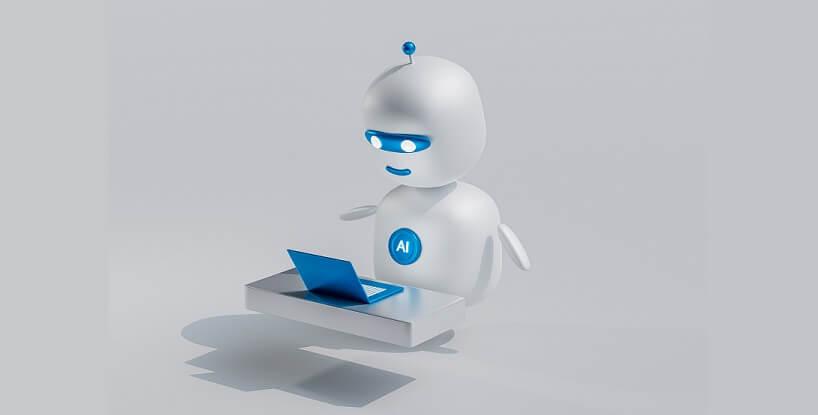With the emergence of artificial intelligence (AI) language models, researchers from UCLA have conducted a groundbreaking study that highlights the astounding reasoning abilities of OpenAI’s GPT-3. This AI language model has shown remarkable performance, akin to that of college undergraduates when posed with reasoning problems typically found in intelligence tests and standardized exams, such as the SAT. The findings of the study raise an intriguing question: Is GPT-3 simply mimicking human reasoning due to its exposure to a vast language training dataset, or does it employ a fundamentally new form of cognitive process? Unpacking the nature of GPT-3’s reasoning capabilities becomes paramount to truly understanding the depths of this AI model’s potential.
Limitations of GPT-3
Despite its impressive results, it is vital to acknowledge the inherent limitations of the GPT-3 system. The study has revealed instances where the AI’s suggested solutions to certain problems, which are readily solvable for children, proved to be nonsensical. This underscores the need for caution in fully relying on GPT-3 as an infallible reasoning machine.
GPT-3’s Performance
Remarkably, GPT-3 achieved an impressive 80% success rate in solving the reasoning problems, significantly surpassing the average score achieved by human subjects, which was just below 60%. While GPT-3’s performance exceeded human averages, it did fall within the range of the highest human scores, suggesting that it is on par with the upper echelons of human reasoning ability.
Comparison with Human Performance
To gain further insights into GPT-3’s reasoning prowess, the UCLA researchers compared its performance on SAT analogy questions with the published results of college applicants’ SAT scores. Astonishingly, GPT-3 outperformed the average score for human applicants, indicating its capacity to excel in areas traditionally associated with human intelligence.
Comparison with a Human-Inspired Model
In conjunction with their study on GPT-3, the UCLA researchers have developed their own computer model inspired by human cognition. Through a series of comparisons, they have been evaluating the abilities of this model in contrast to commercially available AI systems. These efforts shed light on the potential unique strengths and weaknesses of different cognitive approaches.
GPT-3’s Limitations in Physical Space Understanding
One area where GPT-3 has shown limited proficiency is in solving problems that require an understanding of physical space. The AI struggled to cope with challenges that necessitated spatial reasoning, indicating a specific limitation within its problem-solving abilities. This underscores the fact that GPT-3’s reasoning capabilities are not all-encompassing and have distinct boundaries.
Surprising Reasoning Abilities of Language Learning Models
The research findings have elicited surprise from the UCLA researchers regarding the reasoning capabilities displayed by language learning models. Initially intended for word prediction, these models have demonstrated an unexpected aptitude for reasoning beyond their intended purpose. This challenges preconceived notions about the limitations of AI systems and opens up new avenues of exploration.
The Future of AI Reasoning
The UCLA scientists aim to delve deeper into the realm of AI reasoning, seeking to determine whether language learning models are truly beginning to “think” like humans or if they are simply mimicking human thought processes. This ongoing research will shed further light on the nature of AI reasoning, with potential implications for the future development and application of AI technologies.
The research conducted by UCLA psychologists has unequivocally demonstrated that GPT-3 exhibits reasoning abilities comparable to those of college undergraduates – a testament to its immense potential. However, it is essential to recognize the limitations inherent in the system, as well as the need for continued investigation and comparison with human-inspired models. As AI continues to evolve, it is imperative to explore the boundaries of AI reasoning to fully comprehend the nature of these cognitive systems and effectively harness their capabilities.

